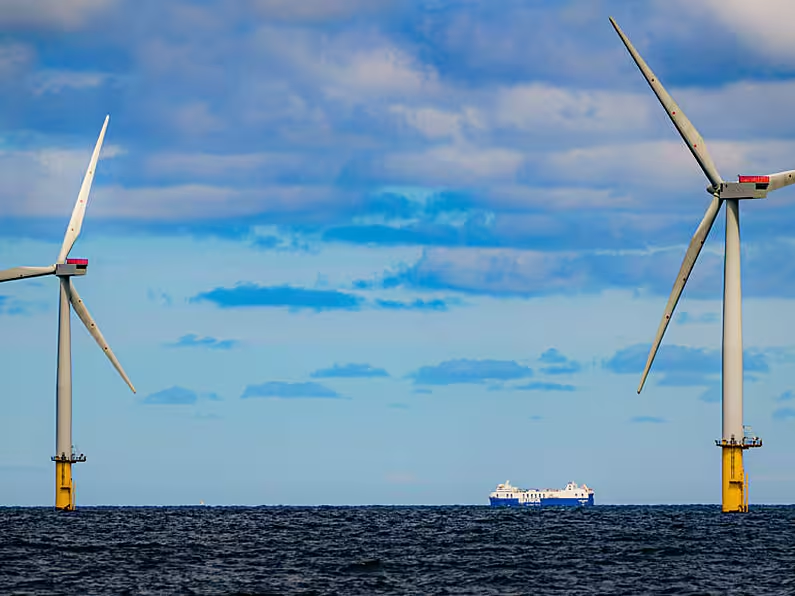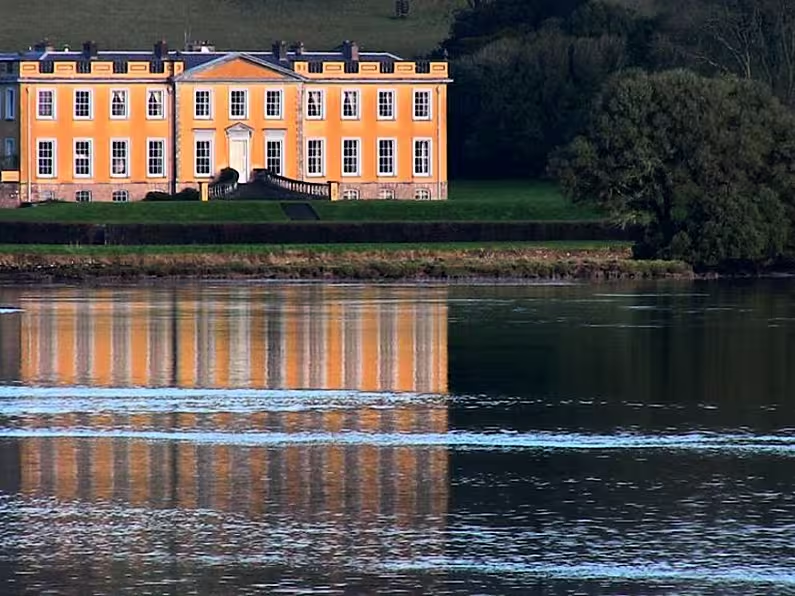Tomas Doherty
Ibec has cut its growth forecasts for the Irish economy amid high inflation, rising interest rates and volatile energy markets.
The employers’ lobby group said it was now expecting domestic demand – the amount spent on goods, services and investment in Ireland – to grow by 3 per cent next year, down from a previous forecast of 3.7 per cent.
In its latest quarterly assessment, Ibec warned that the international economy is facing a "significant challenge" and the State's major trading partners will see a slowdown in economic activity.
The weakness of the global growth outlook remains the biggest risk factor for much of the Irish economy next year, it said.
Ireland's Gross Domestic Product (GDP), a metric for the country’s economic growth, is forecast to rise by 2 per cent next year, and the State will likely avoid a recession.
The report said household savings remain at record levels in the post-pandemic era. Household deposits with Irish banks reached a level of €147 billion in August, €27 billion ahead of its pre-pandemic trend and putting Irish households at the very upper end of European savers.
However, Ibec said the bite of energy, interest rate and other costs will soon begin to be felt by households, despite recent budget supports from the Government.
It said prices will be up just over 8 per cent this year, with price growth slowing to 5 per cent in 2023 – a significant loss of real income for households and businesses.
The Irish labour market remains tight with the monthly unemployment rate at 4.3 per cent, a low not seen since the Celtic-tiger era.
Commenting on the report, Ibec chief economist Gerard Brady said expectations for next year were revised downward on the back of rising costs and a weaker outlook for the global economy.
“As a small open economy, we are exposed to the prospect of a global economic slowdown and recessions in some major trading partners,” he said.
“The key question facing businesses planning for the year ahead is no longer whether this reset will be challenging, but rather how successful tighter monetary policy will be in bringing down inflation and how long the transition will take.
“Ireland is in a unique position in Europe with tax revenues growing rapidly, allowing the Government to engage in both higher spending and to run a significant budget surplus. This strong fiscal position, along with strong economic momentum, and some of the highest household savings in Europe gives us the tools to weather the storm hitting major trading partners.”
For all your Waterford news and sport, click here.













